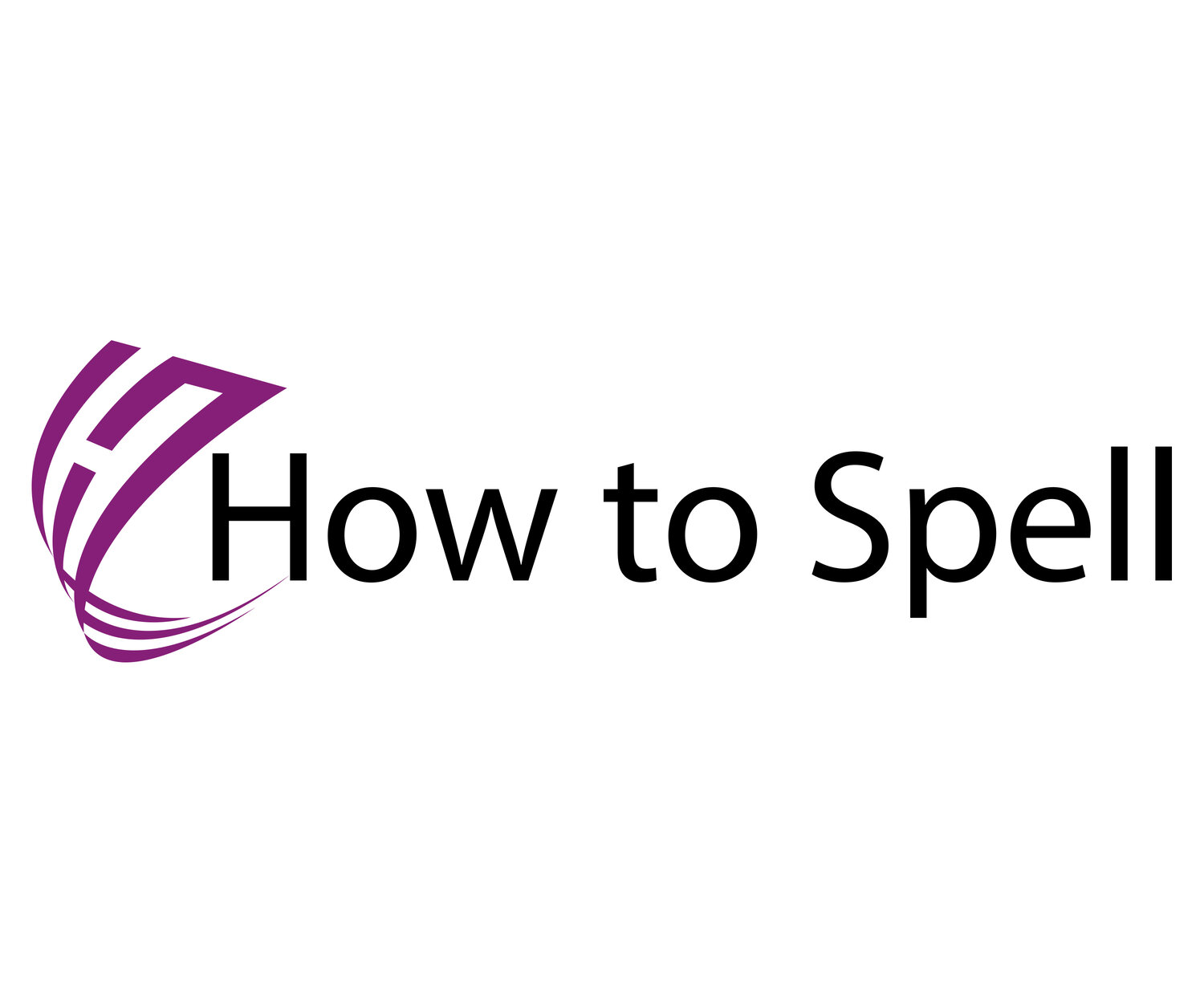Comma: A Tiny but Powerful Tool by Patrick Cole
Leaving out commas, or putting them in the wrong place, can lead to a complete misunderstanding of what you want to say, and can end up making your writing unintentionally funny.
Tails is a magazine sent out to all members of the Humane Society. In 2012, one of its editions featured Rachel Ray on its cover. Shortly after this edition was published, a version appeared on the Internet that was fake, but was created as a joke in order to show the importance of commas in sentences. Thus, in the magazine cover below, Rachel Ray is inspired by one thing – cooking her family and her dog. In fact, Rachel is inspired by three things – cooking, her family, and her dog.
Here is another common joke about commas that is currently floating around in cyberspace:
“Let’s eat Grandma.”
“Let’s eat, Grandma.”
While these are funny, both point out that commas, indeed all punctuation, are important if our writing is going to be understood by the reader. Except for semicolons and colons, perhaps, the comma is the most misused piece of punctuation. (Click here to read more at Live Write Thrive)
Writers, Take Note – Clean Up Your Punctuation
Whether you are a content, essay, or book writer, punctuation matters for the following reasons:
• You never know who will be reading your piece. If your punctuation is poor, readers may be irritated and will not finish it. If it is a content marketing article, you may have lost a customer permanently. If it is a journal publisher, your submission will be discarded without further consideration.
• Meanings are changed as the result of poor punctuation. (>See Why Punctuation is Important for examples Readers will become confused and, again, irritated. Because they cannot determine exactly what you are saying, they will discontinue – something you really don’t want.
Every great book or essay writer must know the power of punctuation and should be able to use it without the help of editors. The same goes for anyone who is writing for any type of audience. Given that so much writing is now published online, every type of writer has to really understand punctuation in order to make a good impression, to keep the reader engaged, and to make their meaning clear.
Some More Mature Examples
The two examples at the beginning of this article were obvious. Some are not so obvious but still change the meaning of the sentence.
Example: After an hour of jogging on the trail, Sally said Susan was too tired to ride her bike home, and Susan asked Sally to ride it.
The meaning of this sentence, based upon the comma placement, is that Sally and Susan jogged for an hour, and Sally then said Susan was too tired to ride her bike home.
In fact, the meaning is supposed to be this: Sally is re-telling the incident to someone else. In this case, the sentence should be punctuated as follows: After an hour of jogging on the trail, Sally said, Susan was too tired to ride her bike home, and Susan asked Sally to ride it.
The two sentences have very different meanings, as each has a different time for when Sally said what she said.
Example: Joe stated that he had moved the car, but he didn’t put the emergency brake back on.
In this instance, it appears that Joe admitted to having moved the car but did not admit to not putting the emergency brake back on. He may be trying to hide that fact, because the car rolled down the hill and was demolished by an oncoming truck. If the comma placement is changed, the meaning changes as well. Here is an alternative: Joe stated that he had moved the car but he didn’t put the emergency brake back on. Now Joe is admitting that he did both things.
Example: This is the last video we have of Fido playing with a ball.
The meaning seems quite clear. Fido played ball a lot and the video mentioned is the last one of him playing with a ball before he died. There could be another last video of Fido that was filmed after the ball playing one.
If we alter the sentence by adding a comma, however, the meaning changes. This is the last video we have of Fido, playing with a ball.
Now the meaning is that this is absolutely the last video of Fido. In it, he happens to be playing with a ball, but the ball is irrelevant to the meaning. “Playing with a ball” is thus a dependent clause – one which could be removed from the sentence entirely, and the shorter sentence, This is the last video we have of Fido, could also be used.
( Click here for Daily Writing Tips tips about the comma )
Punctuation: Powerful and a Sign of a Dedication
Many times, poor punctuation will not change the meaning of written words - readers can still figure out what is being said. But poor punctuation is a sign of laziness, and the dedicated writer will take the time to ensure that it's correct before they submit any piece – a book, a paper, or a piece of content for online publication.
If you have difficulty with punctuation, then find a good book, website, tool to review the rules. Study the examples; practice writing sentences using correct punctuation. Your readers and/or your editor will appreciate it.
My bio: Patrick Cole is an entrepreneur and freelancer. He is also a contributing blogger for several websites. Patrick loves self-education and rock music. Connect with Patrick via Facebook), or Google+)


